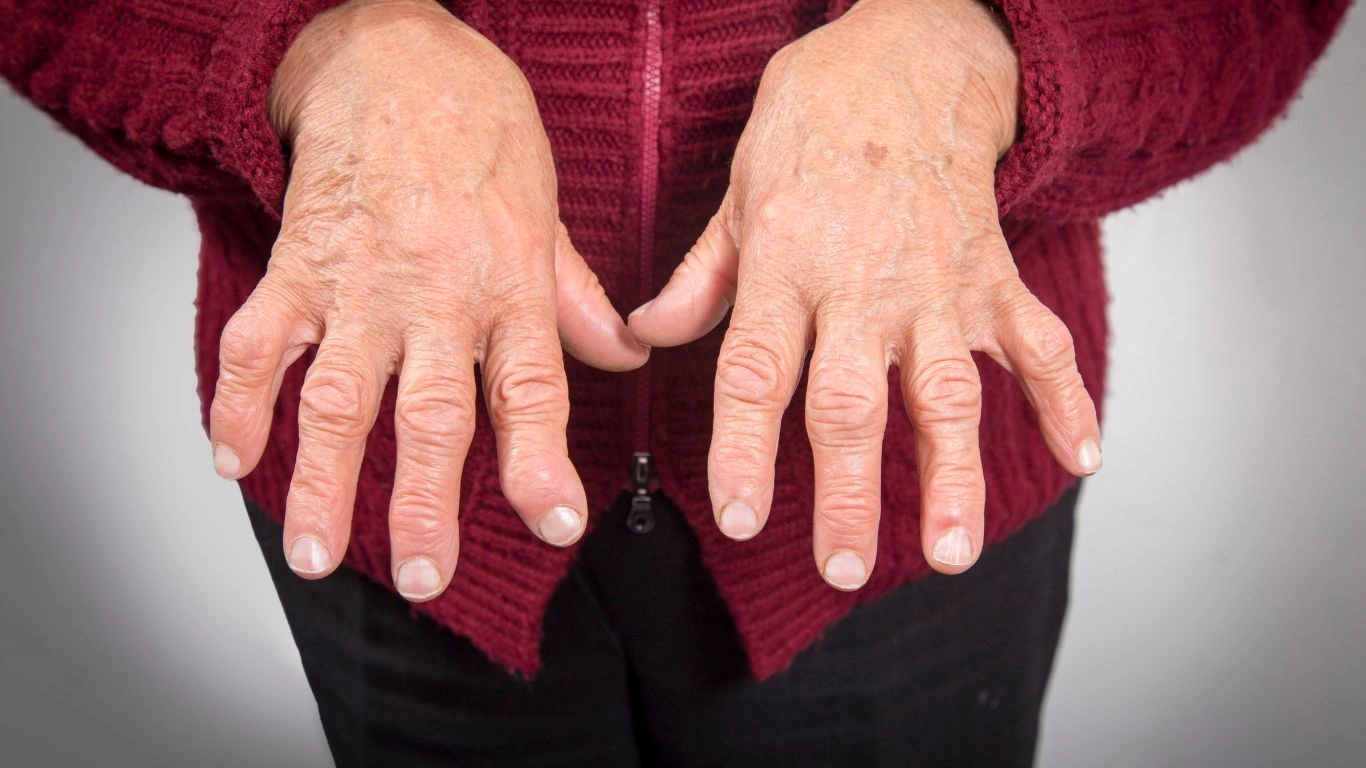🦋 How to Find Support Groups for Rheumatoid Arthritis (RA): A Comprehensive Guide
Living with rheumatoid arthritis (RA) can feel overwhelming at times. Beyond the physical challenges, it can also bring emotional hurdles like frustration, isolation, and even anxiety. This is where support groups come into play—a safe space where you can share experiences, gain practical tips, and connect with people who genuinely understand your journey. But how do you find the right support group? Let’s dive in!
🌟 Why Are Support Groups Important for RA?

When you’re managing a chronic condition like RA, emotional and social support is just as critical as medical care. Support groups offer:
- Shared Experiences: You’ll meet others who understand your struggles firsthand.
- Practical Advice: Members share tips for managing flares, medication side effects, and daily challenges.
- Mental Health Boost: Feeling heard and validated reduces stress and promotes emotional well-being.
- A Sense of Belonging: It’s empowering to know you’re not alone in this journey.
🧭 Types of RA Support Groups

Not all support groups are created equal. Here’s a breakdown to help you decide which one might suit you best:
1. In-Person Support Groups
- Benefits: Personal connections, live discussions, and community bonding.
- Where to Look: Hospitals, community centers, arthritis foundations, or local clinics.
2. Online Support Groups
- Benefits: Flexibility, anonymity, and access to a global network.
- Platforms:
3. Hybrid Groups
- Benefits: A mix of in-person and online connections.
- Where to Find Them: Some organizations offer virtual meetings alongside physical meetups.
🔍 How to Find the Right Support Group

- Start with Reputable Organizations: Check out resources from organizations like the Arthritis Foundation or National Rheumatoid Arthritis Society (NRAS).
- Ask Your Healthcare Provider: Rheumatologists often have a list of recommended local and online groups.
- Leverage Social Media: Search hashtags like #RheumatoidArthritis or #ArthritisSupport on Instagram and Twitter.
- Try Apps and Online Platforms: Apps like RA Connect are tailored specifically for RA communities.
🛠️ Troubleshooting Common Issues

Joining a support group isn’t always smooth sailing. Here’s how to navigate potential challenges:
1. Feeling Out of Place
- Problem: You might feel shy or uncertain about sharing your story.
- Solution: Start as a listener until you feel comfortable contributing.
2. Negative Atmosphere
- Problem: Some groups may focus too much on venting without offering solutions.
- Solution: Seek groups with balanced discussions and positive support.
3. Mismatched Goals
- Problem: The group may not align with what you’re looking for (e.g., emotional vs. practical help).
- Solution: Don’t hesitate to explore other groups until you find the right fit.
💡 Case Studies & Success Stories
🌟 Sarah’s Story: Finding Her Tribe
Sarah, 42, was newly diagnosed with RA and felt lost. After joining an online Facebook group, she discovered a wealth of advice on coping with joint pain. The group also encouraged her to explore low-impact yoga, which became a game-changer in managing her symptoms.
🌟 Mike’s Journey to Connection
Mike, 55, joined a local RA support group after a recommendation from his rheumatologist. He found a close-knit community that offered both emotional and practical support. Mike now leads group meetings, helping others navigate life with RA.
📝 Key Takeaways
- Support Groups Matter: They provide emotional and practical support to improve your quality of life.
- Explore Your Options: In-person, online, or hybrid groups—find what works best for you.
- Be Open: It might take time to find the perfect fit, but the effort is worth it.
🤔 FAQs
Q: Are support groups free to join?
A: Many are free, especially online groups. Some in-person groups might charge a small fee to cover venue or administrative costs.
Q: Can I join multiple groups?
A: Absolutely! You can mix and match groups to suit your needs—maybe an in-person group for local advice and an online group for broader connections.
Q: What if I don’t feel comfortable sharing?
A: That’s okay! Listening and observing are equally valuable ways to participate.
📚 References
⚠️ Disclaimer
This article is for informational purposes only and does not substitute for professional medical advice. Always consult your healthcare provider for personalized guidance.
🌈 Ready to Take the Next Step?
Finding a support group can be transformative. Start your journey today by exploring some of the resources mentioned here. If you’ve already found your tribe, share your experience—it might inspire someone else!
💬 Let’s hear from you: Have you joined a support group? What has your experience been like? Drop a comment below!

Camellia Wulansari is a dedicated Medical Assistant at a local clinic and a passionate health writer at Healthusias.com. With years of hands-on experience in patient care and a deep interest in preventive medicine, she bridges the gap between clinical knowledge and accessible health information. Camellia specializes in writing about digestive health, chronic conditions like GERD and hypertension, respiratory issues, and autoimmune diseases, aiming to empower readers with practical, easy-to-understand insights. When she’s not assisting patients or writing, you’ll find her enjoying quiet mornings with coffee and a medical journal in hand—or jamming to her favorite metal band, Lamb of God.







